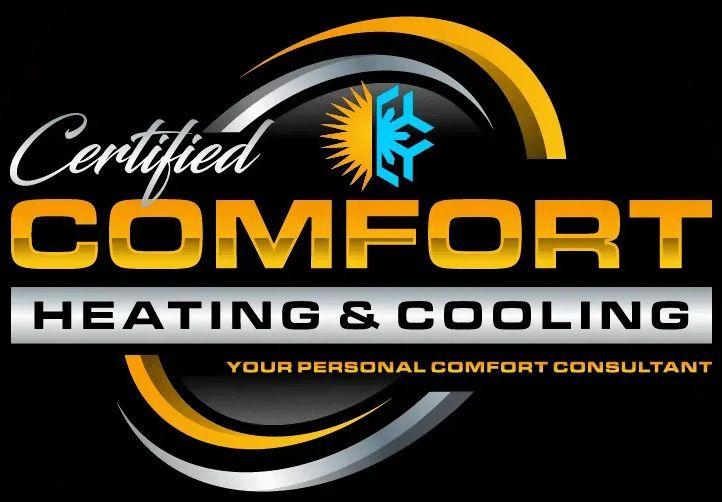Frequently Asked Questions
How often should I service my HVAC system?
Regular maintenance is crucial for optimal performance. It's recommended to service your HVAC system twice a year—typically in the spring and fall. This ensures both the heating and cooling components are inspected and functioning efficiently
How often should I replace my air filters?
The frequency of air filter replacement depends on the type of filter and household factors:
1-inch filters: Every 2 months.
Medium filters: Twice a year.
Regular replacement maintains indoor air quality and system efficiency.
What size HVAC unit do I need for my home?
Determining the appropriate unit size involves several factors, including:
Home size and layout.
Insulation quality.
Climate conditions.
An HVAC professional can perform a load calculation to recommend the correct unit size, ensuring efficiency and comfort.
How long does it take to install a new HVAC system?
The installation duration varies based on system complexity and home specifics. Generally, a standard HVAC installation can take between 1 to 3 days. Factors influencing this timeframe include:
System type and size.
Existing ductwork condition.
Home accessibility.
A detailed assessment by the HVAC provider will offer a more accurate timeline.
What are the signs that my HVAC system needs repair or replacement?
Indicators that your system may require attention include:
Inconsistent temperatures.
Unusual noises.
Increased energy bills.
Frequent cycling.
Poor air quality.
Consulting with an HVAC technician can help diagnose issues and determine if repair or replacement is the best course of action.
How can I improve the energy efficiency of my HVAC system?
Regular maintenance, such as cleaning or replacing air filters, can enhance system performance. Installing a programmable thermostat, using curtains or shades to block sunlight, and ensuring vents are unobstructed also contribute to improved efficiency.
What factors affect the cost of a new HVAC system?
The cost is influenced by the size of your home, the type of system, its efficiency rating, and installation complexity. Additional features or necessary modifications, such as ductwork, can also impact the overall price.
How long do HVAC systems typically last?
With proper maintenance, HVAC systems can last between 10 to 25 years. Regular tune-ups and timely repairs are essential to ensure optimal performance and extend the system's lifespan.
What types of IAQ equipment can improve my home's air quality?
Air Purifiers: Devices that remove contaminants from the air, such as dust, pollen, and bacteria.
Humidifiers/Dehumidifiers: Maintain optimal humidity levels to prevent mold growth and reduce allergens.
Ventilation Systems: Ensure a steady flow of fresh outdoor air, diluting indoor pollutants.
How do air purifiers work, and are they effective?
Air purifiers draw indoor air through filters, trapping pollutants like dust, pollen, and pet dander. High-Efficiency Particulate Air (HEPA) filters can capture particles as small as 0.3 microns with 99.97% efficiency
How do I know if I need IAQ equipment in my home?
Signs indicating the need for IAQ equipment include:
Allergy or asthma symptoms indoors.
Visible mold growth or musty odors.
Excessive dust accumulation.
High humidity levels causing discomfort.
Poor ventilation leading to stuffy air.
Consulting with an HVAC professional can help assess your home's air quality needs.
Can my HVAC system help reduce indoor air pollutants?
Yes, integrating IAQ equipment like air purifiers and proper filtration systems into your HVAC can significantly reduce indoor pollutants. Regular maintenance and filter replacements are crucial for effectiveness.
contact information
Phone:
(720) 751-4624
Email:
info@certifiedcomfortpro.com
Areas Served:
Douglas County and Arapahoe County






